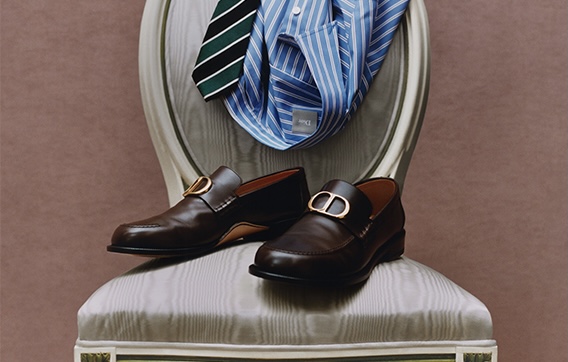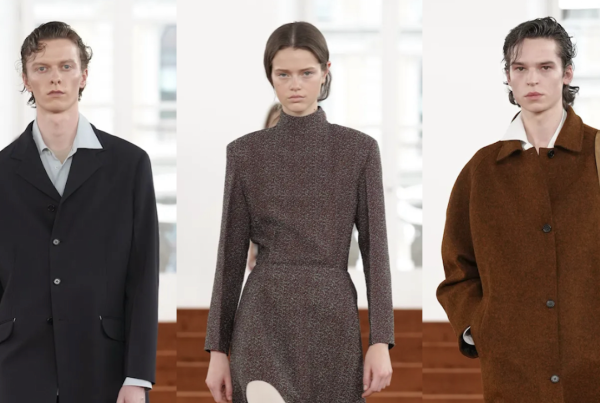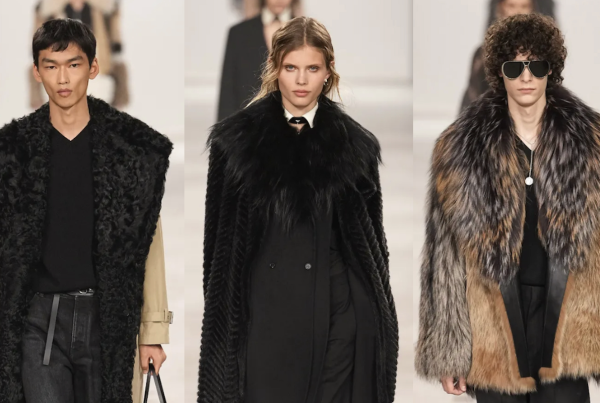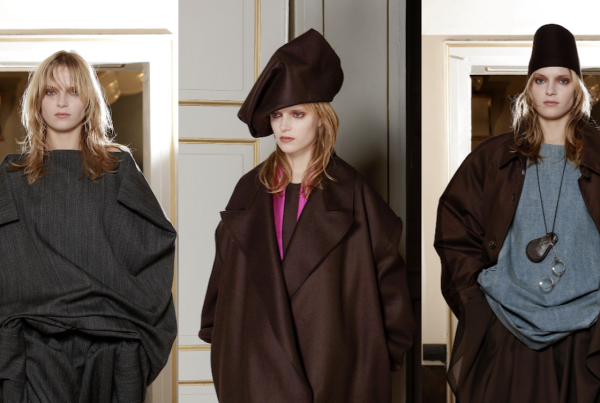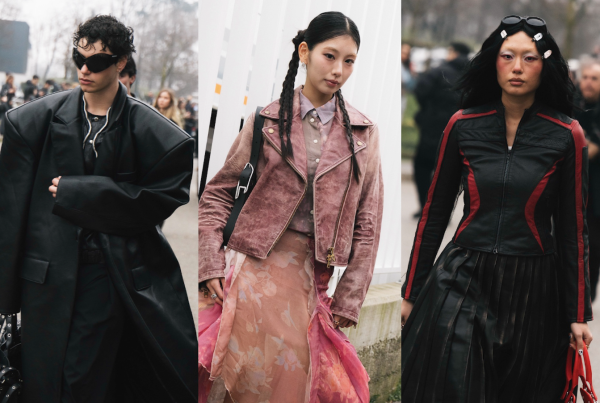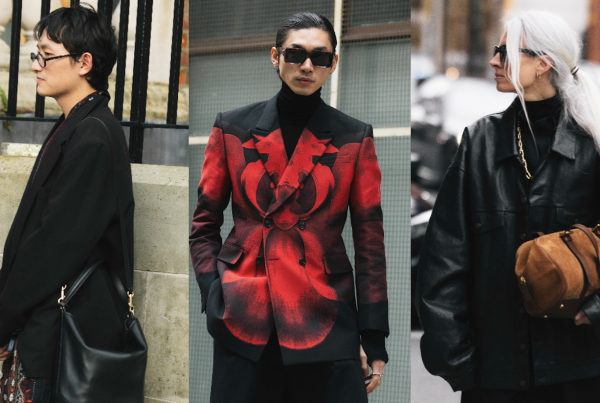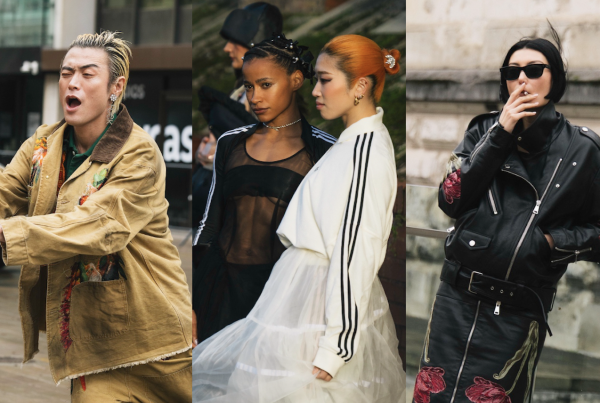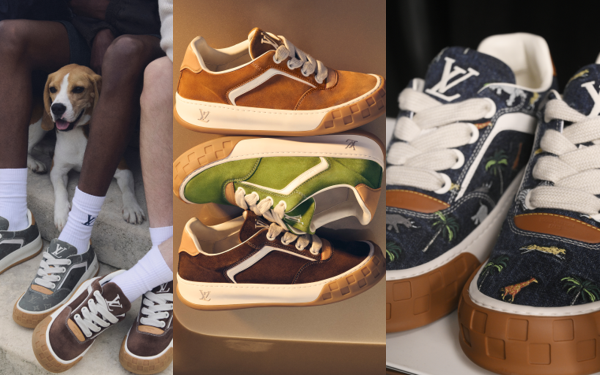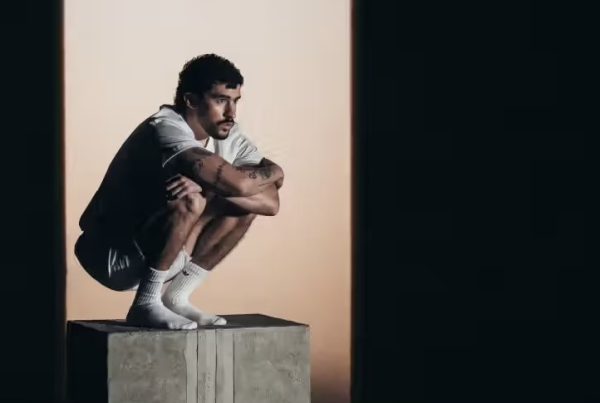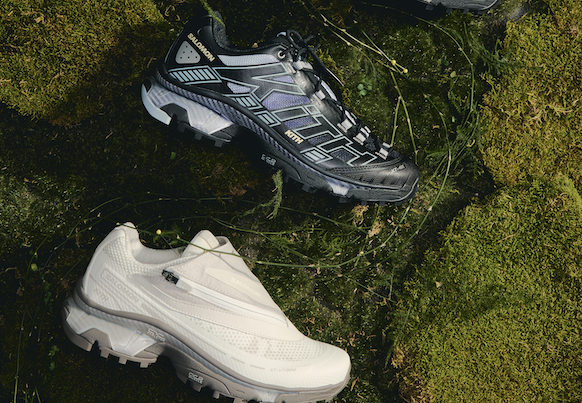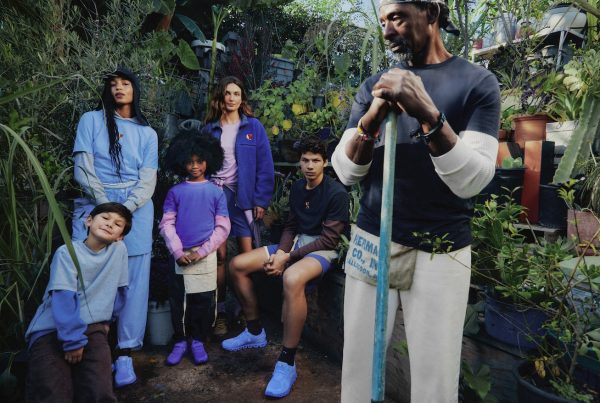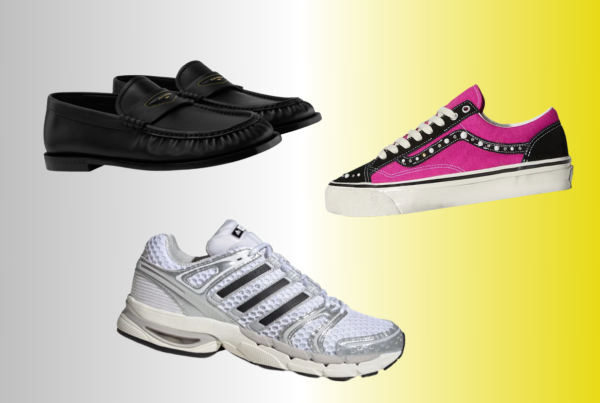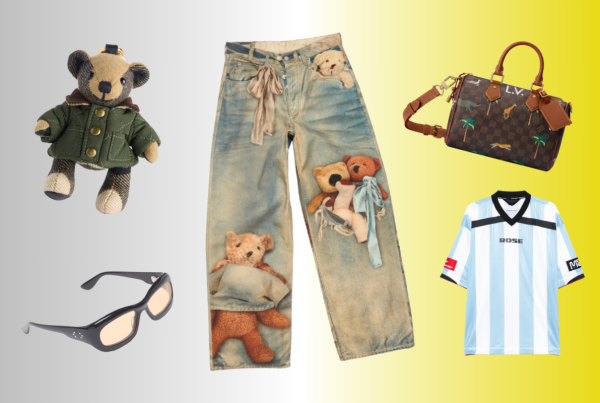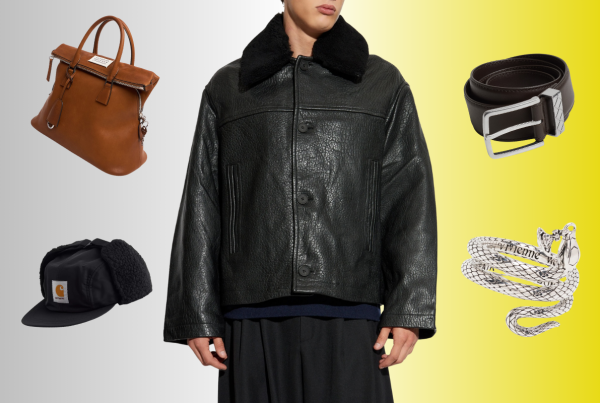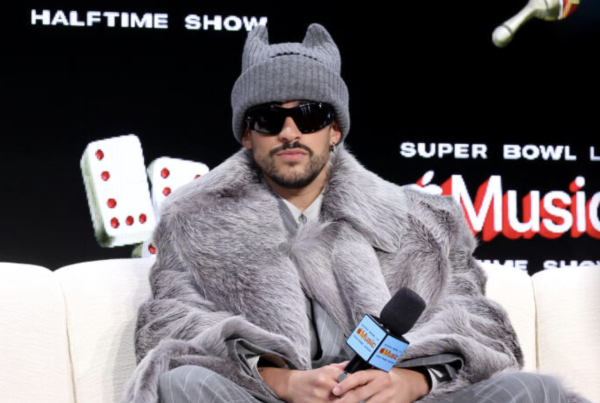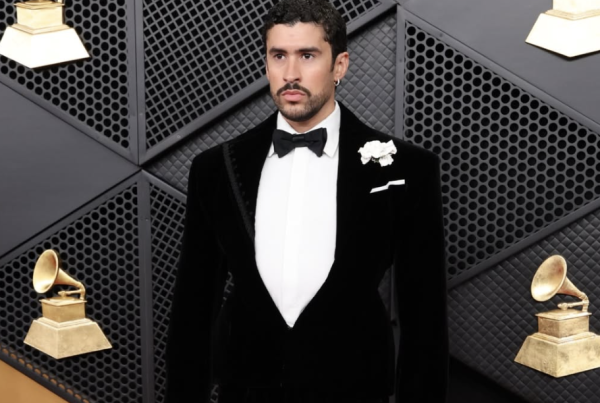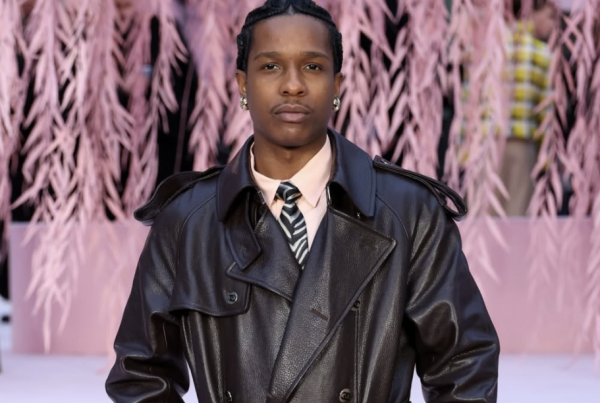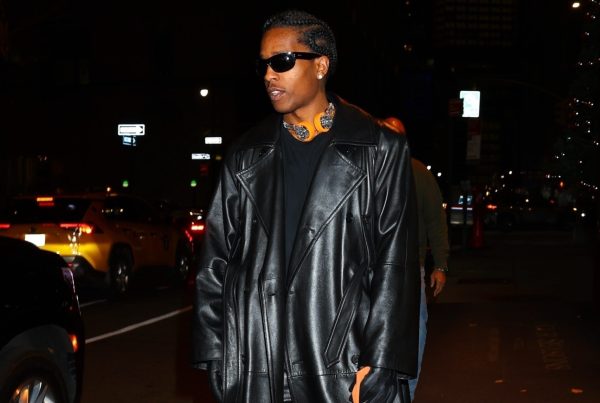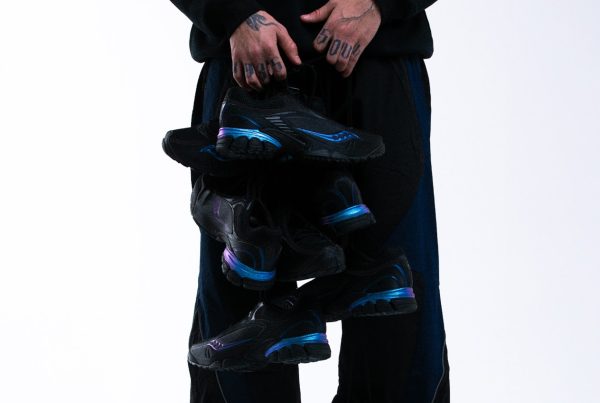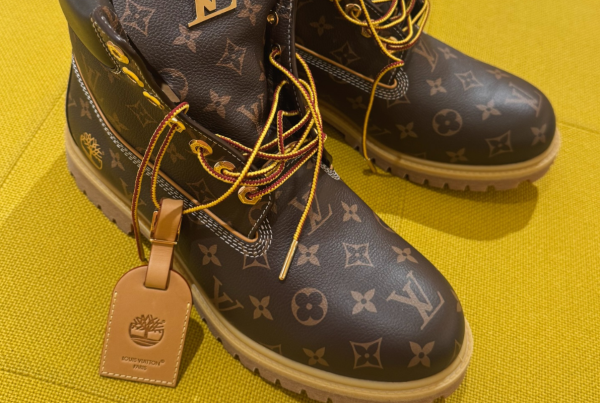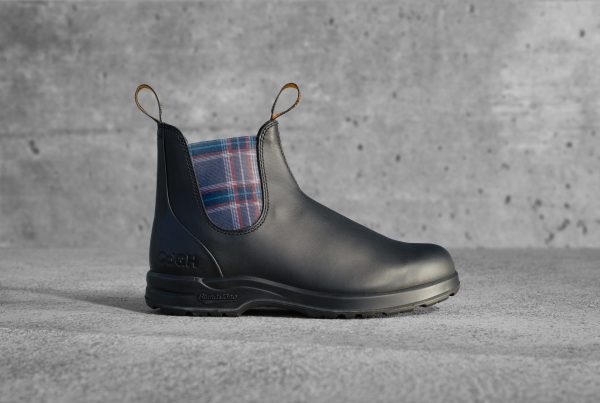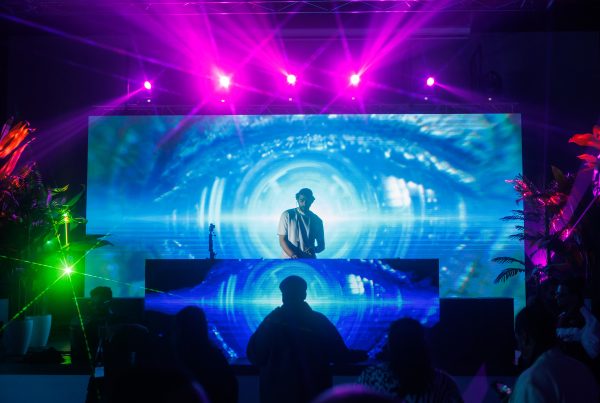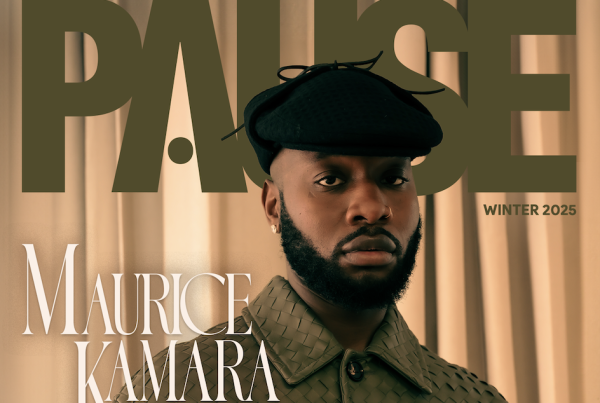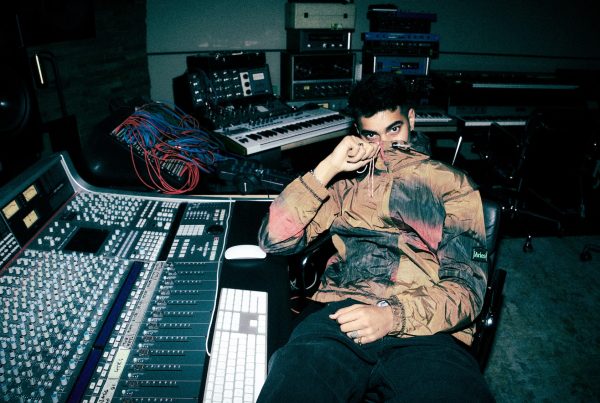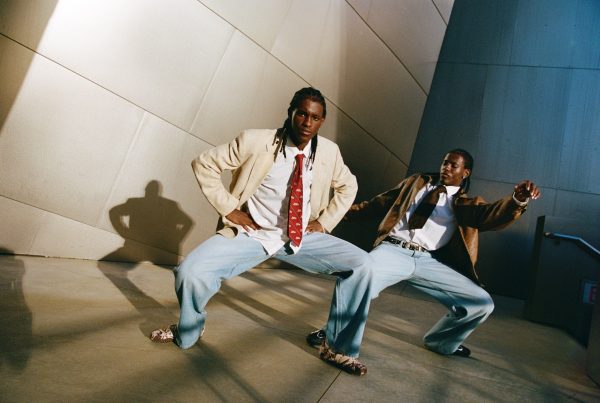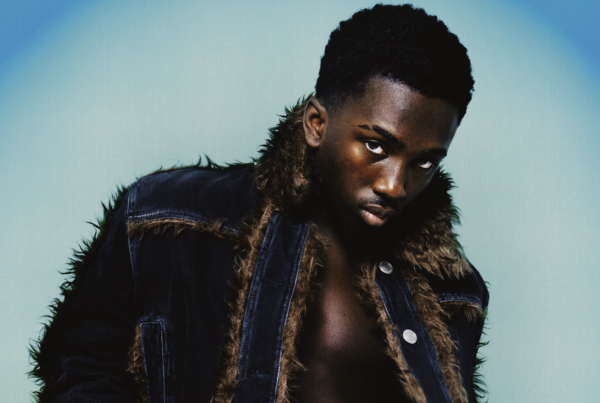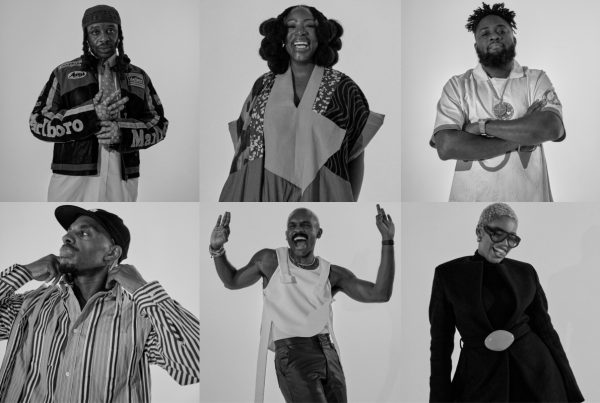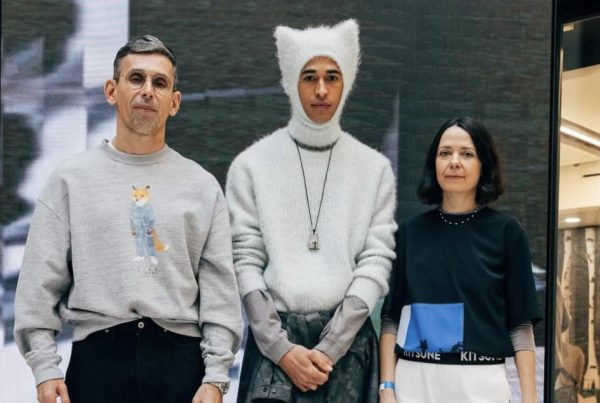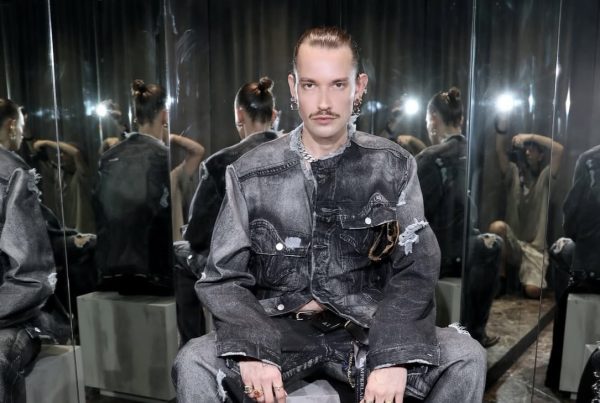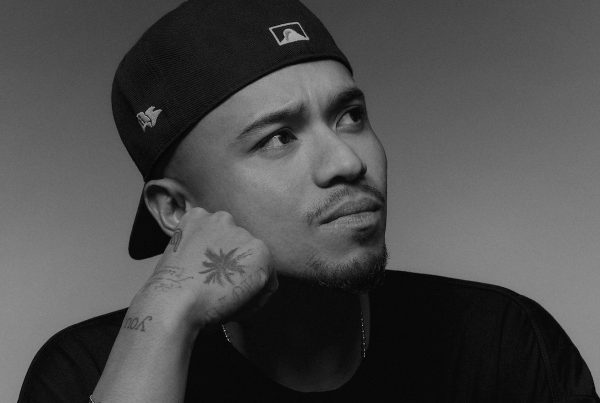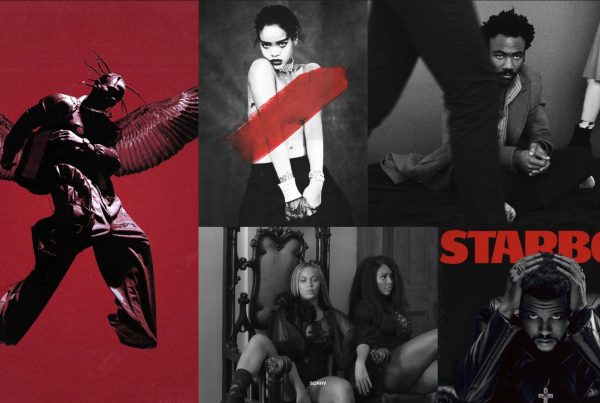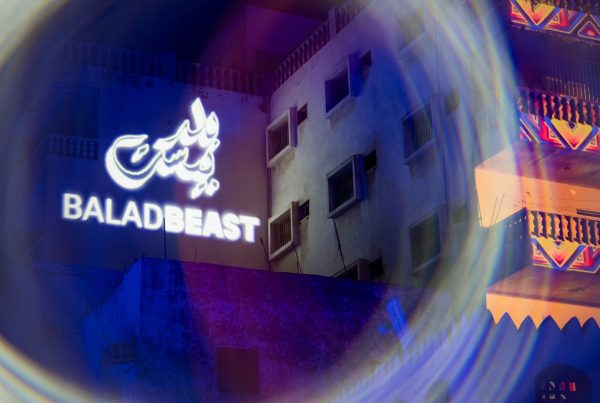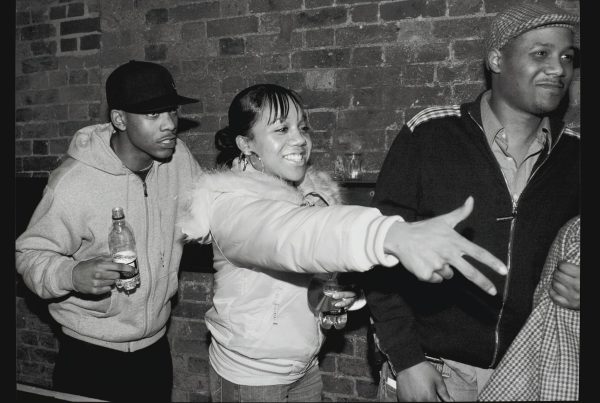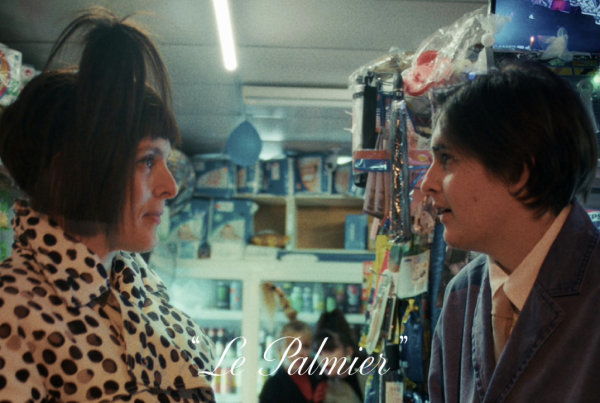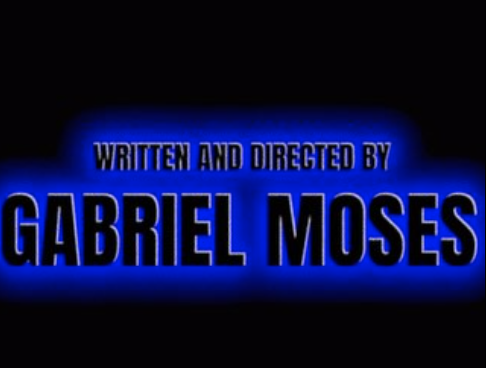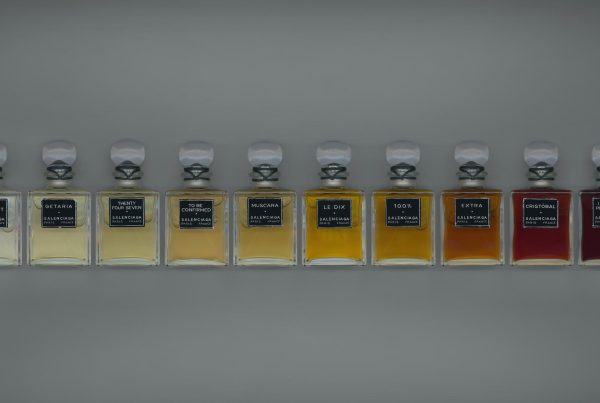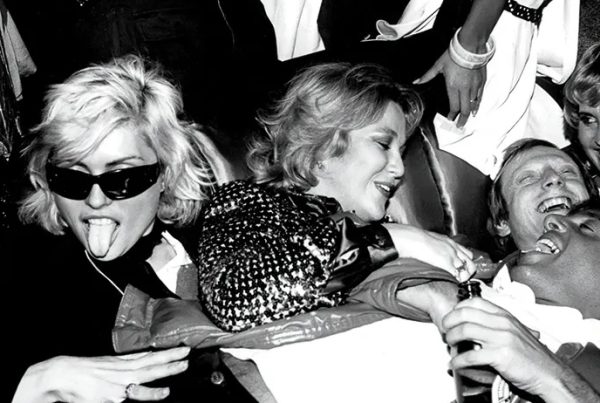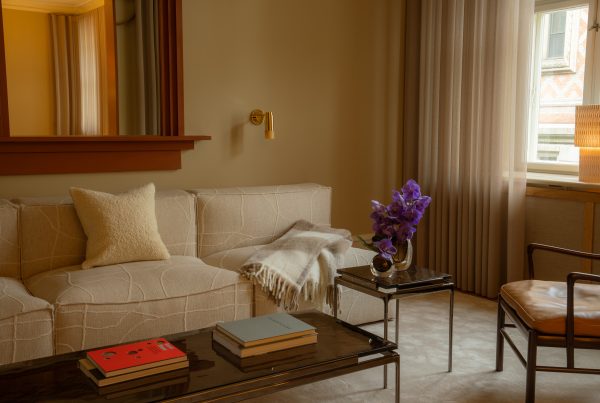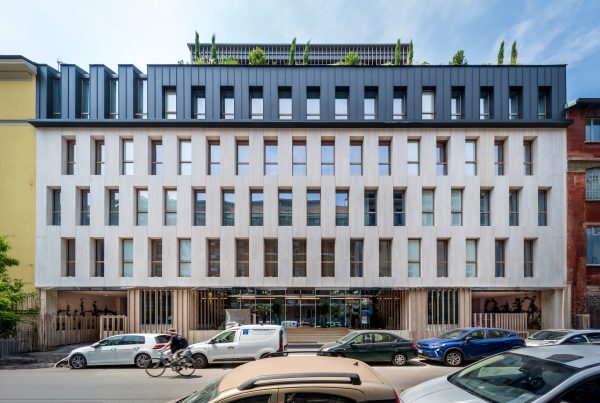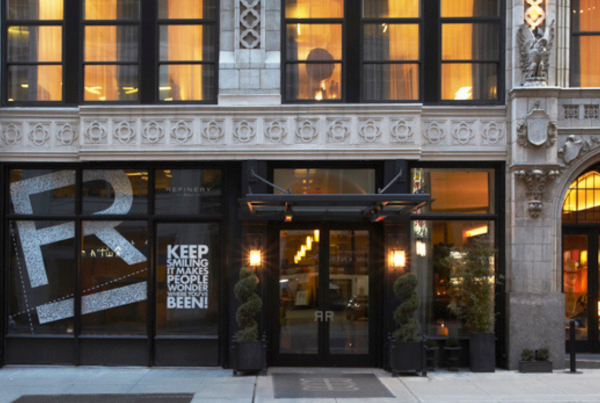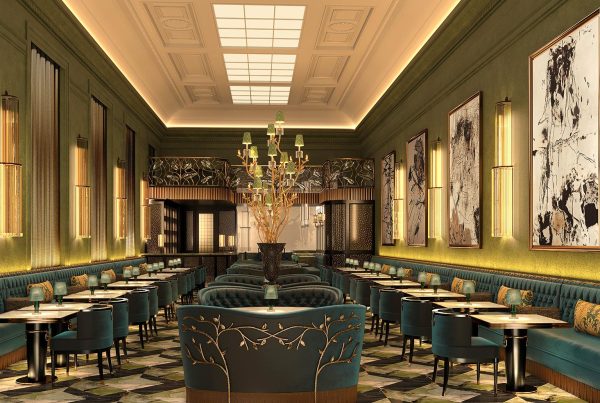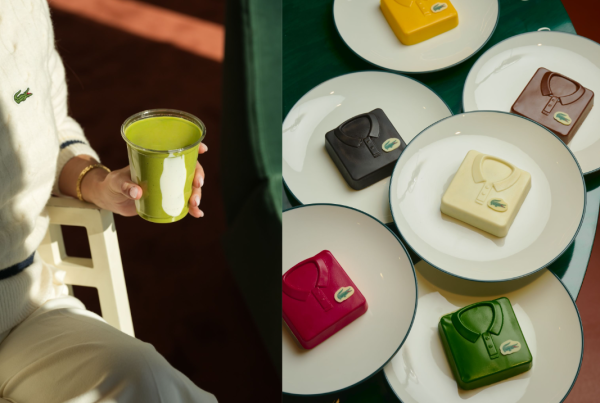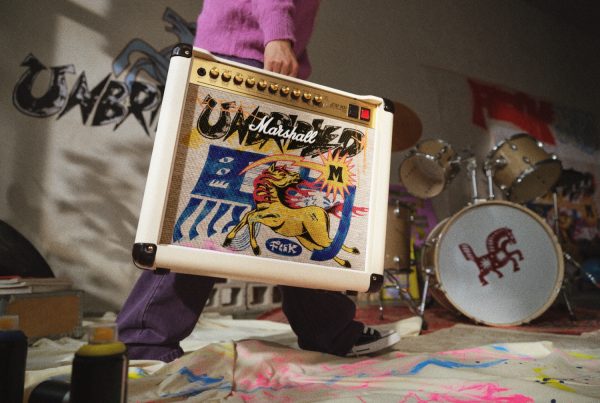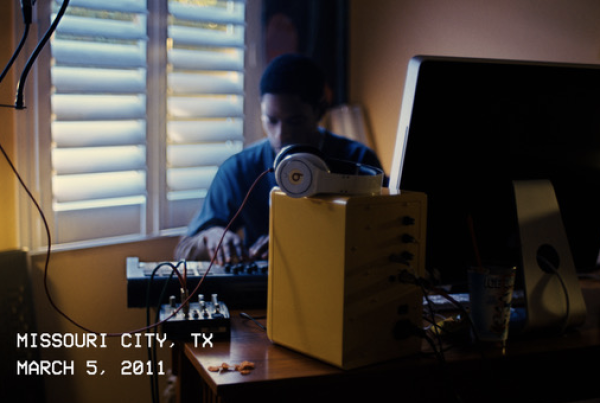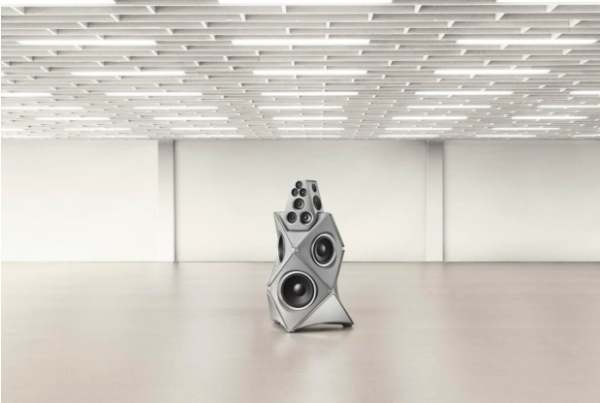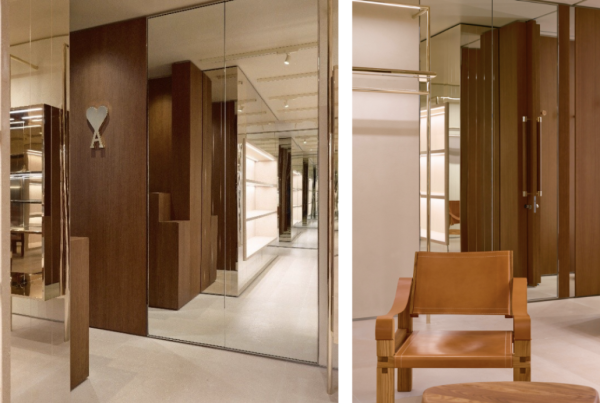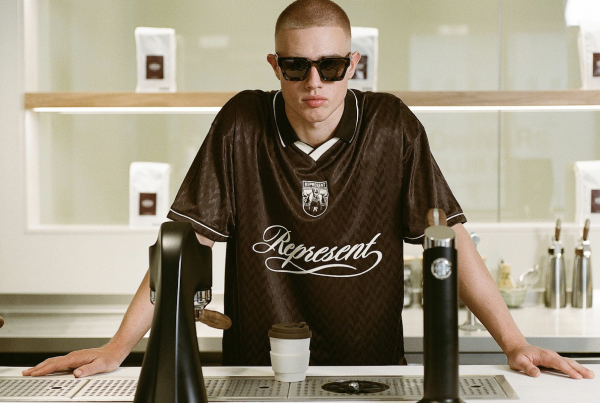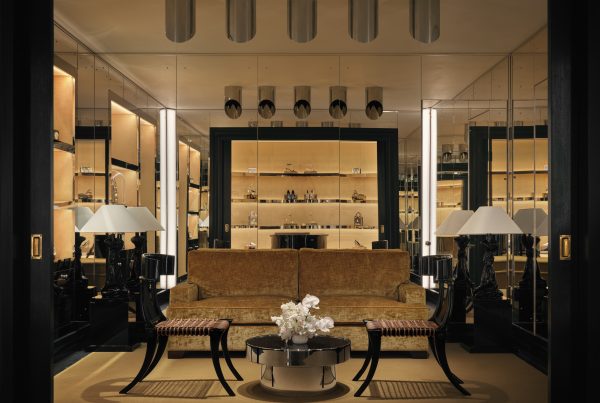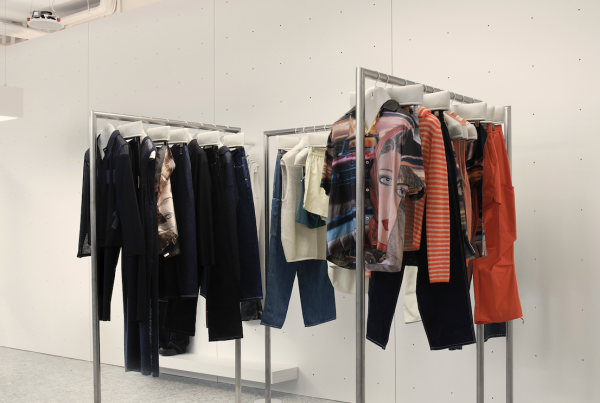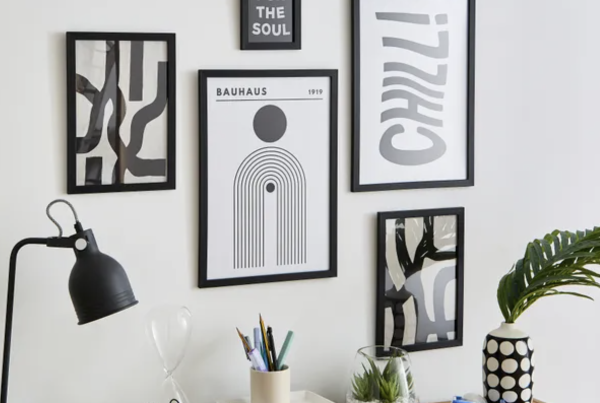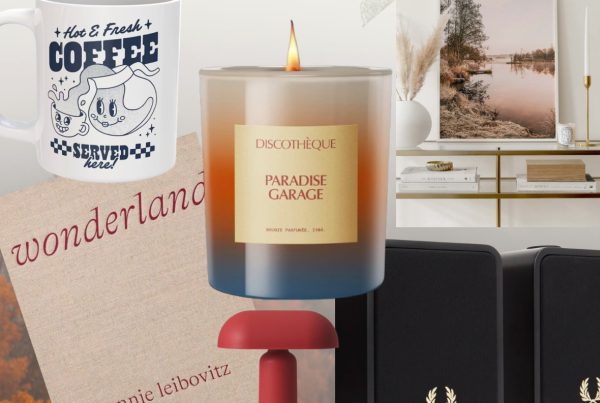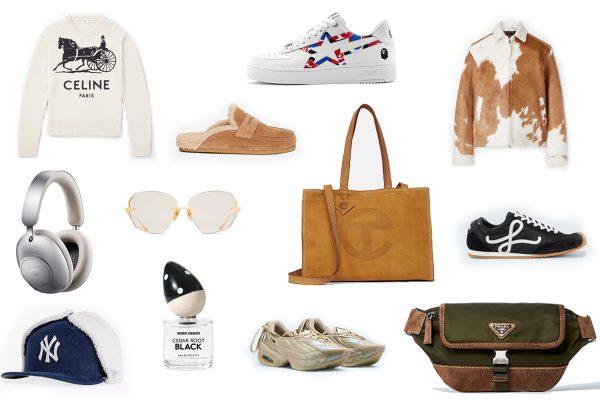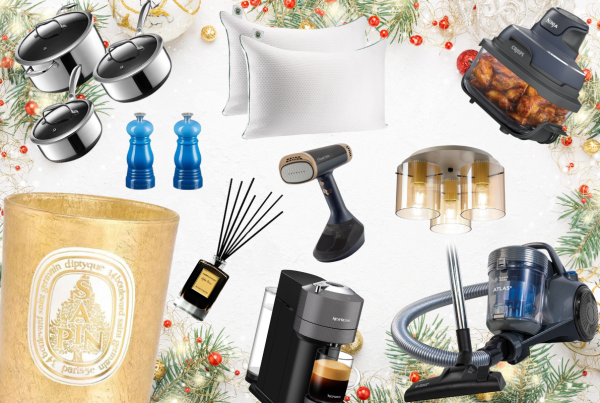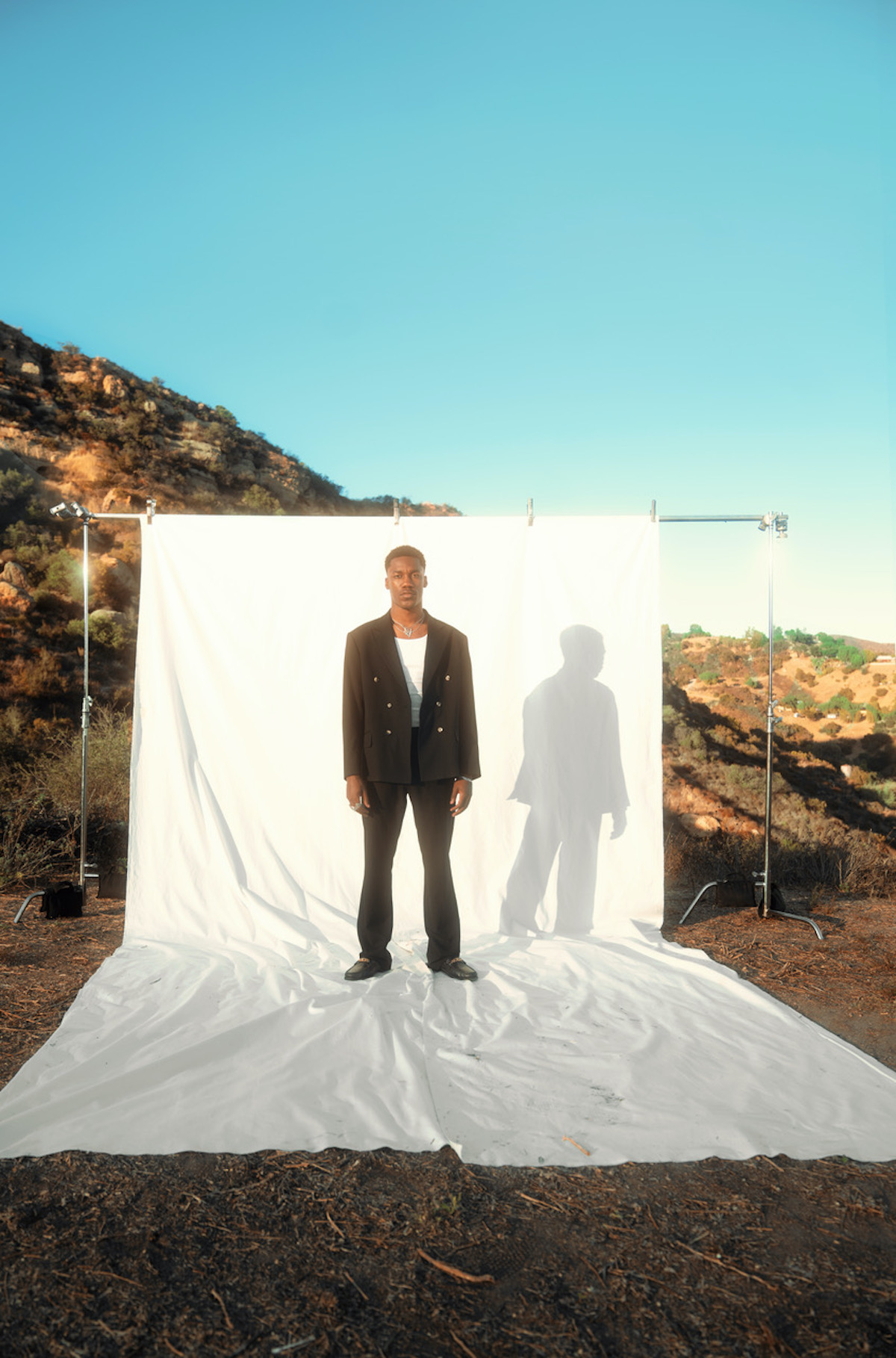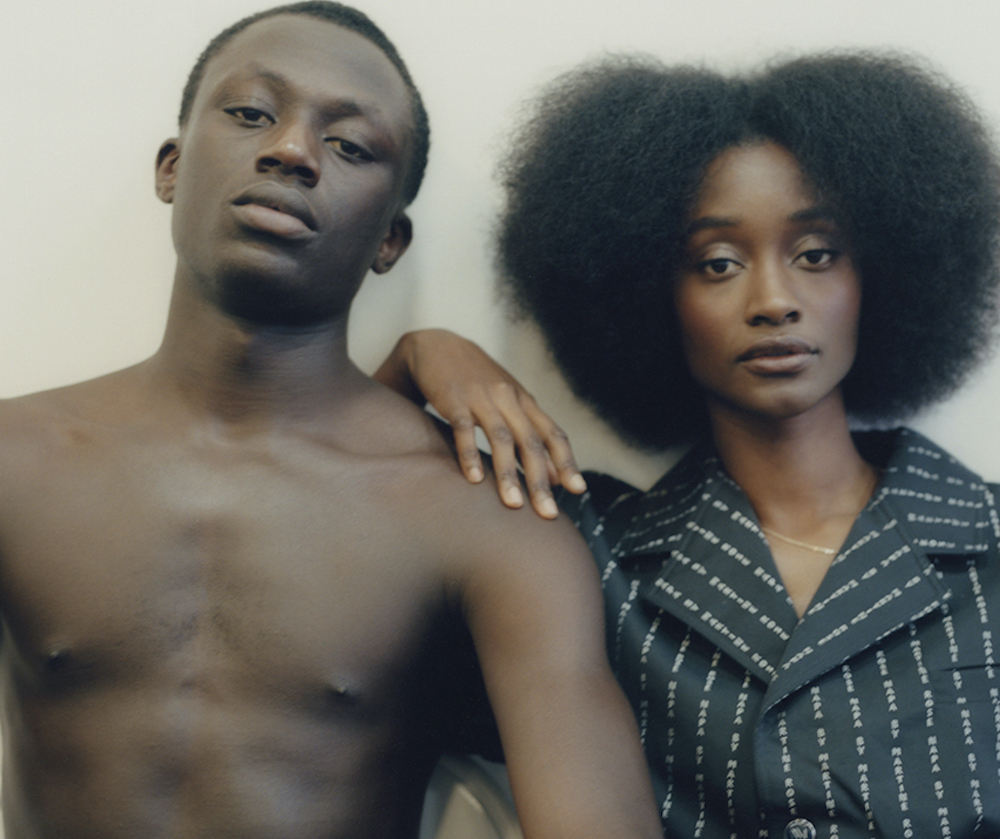Drake’s ‘Dark Lane Demo Tapes’ isn’t the only lane Grammy-nominated artist Giveon finds himself on, in fact, his anecdotal knack and meticulous ability to story tell has the 25-year-old carving his very own path in contemporary R&B.
Honing his writing skills from the love of English, the art of narration and his mother’s power to foretell his success, Giveon’s rich, baritone voice and sagely qualities leaves us without a question as to why he is one of the most riveting artists of our time.
In conversation with PAUSE, Giveon shares his experiences of life living on the fringe of suburban Long Beach California, the importance of social platforms and political stances, his matchless approach to making music and what he has in store next.
Read the exclusive interview below.
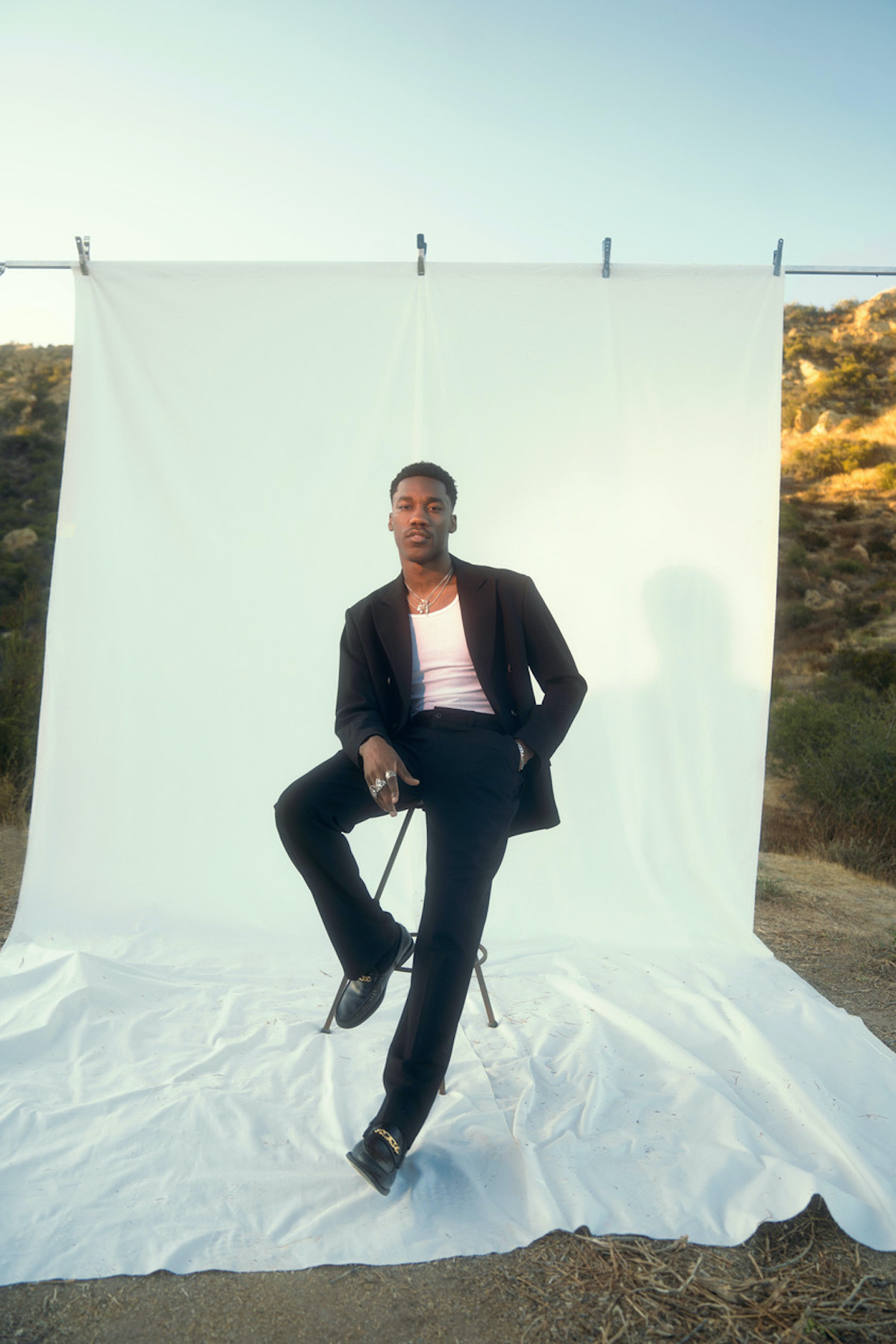
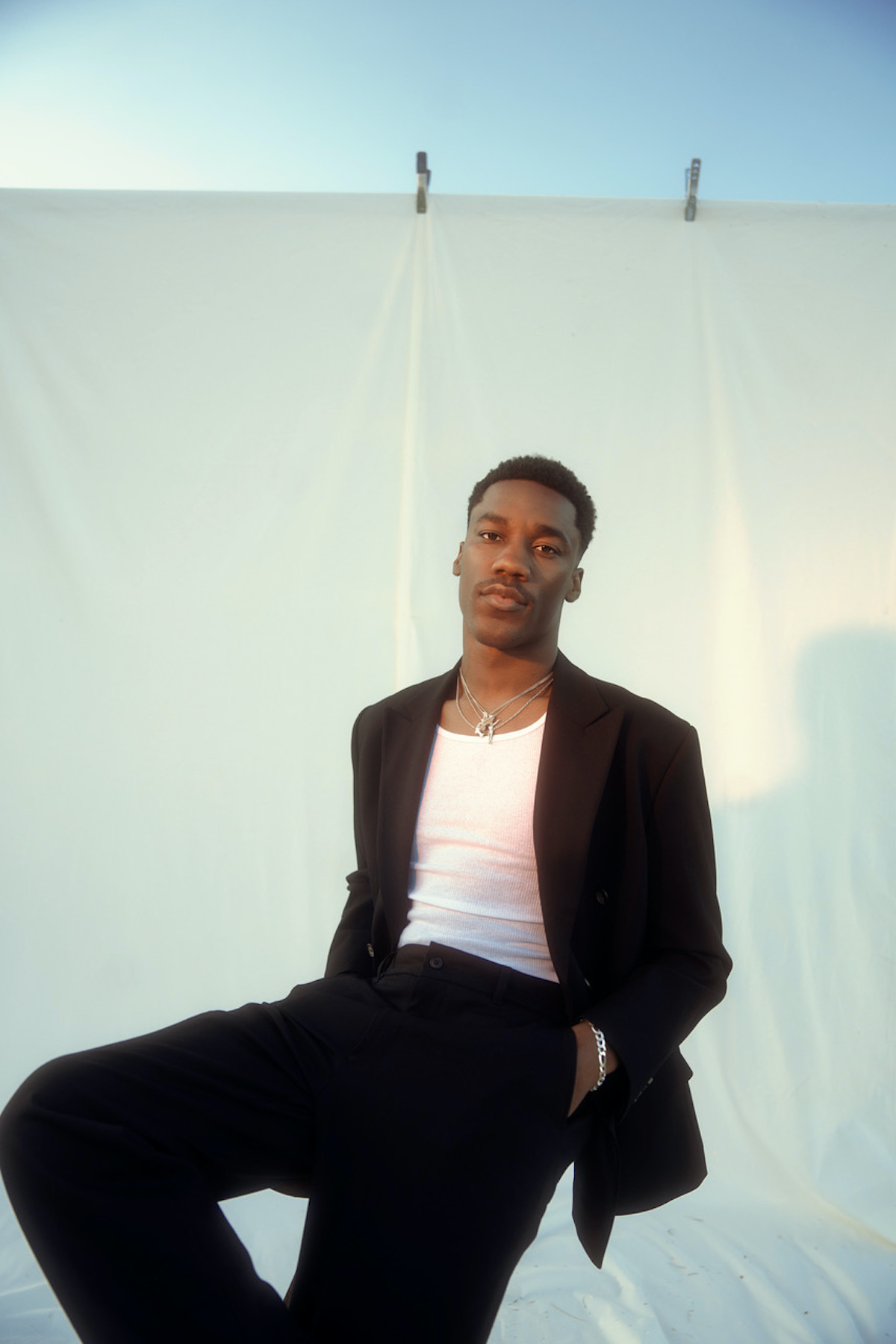
Giveon, what a pleasure it is to speak to you. How are you?
Thanks for having me. I’m good. I’m working right now, even though I recently just dropped something. I’m in work mode. I’m just inspired. It’s my favourite time of the year too, thanksgiving, Christmas, the whole aura puts me in a good mood.
I suppose celebrations are in order, from what we can perceive over in the UK, it seems like the whole of America is in an uplifted mood at this very moment?
Yeah, the energy is a lot different, even with the way the election went. Especially me, I was born and raised in Long Beach California, and my whole life California has been more so the candidate that has been selected. My mom is a lot less stressed. Everyone just feels a lot better.
Now, just before we get into the music talk. Seeing as its quite relevant to the current climate, do you feel as if it is important for you as an artist that withholds a large following to speak on political opinion and issues surrounding your country?
Yeah, for sure. The only thing I would make sure is that whenever anyone says anything, they need to be educated on the topic. It’s easy to just see what is being filtered to you, as far as who you are following, etc. when you have that platform, you have to speak on the social injustices and racial inequality but with thorough research too. There’s a lot of misinformation that can float around but for the most part, it’s a necessity.
There’s been an influx of a lot of social influencers, musicians, etc that have urged young people to vote and take responsibility for the future of their country, do you think had a huge impact on the political outcome?
I think so. I like to think so. A lot of my peers were vocal about it. It’s one thing I have to get used to because a lot of it happened so fast for me. I wasn’t even aware I had a platform. I think it affected it massively.
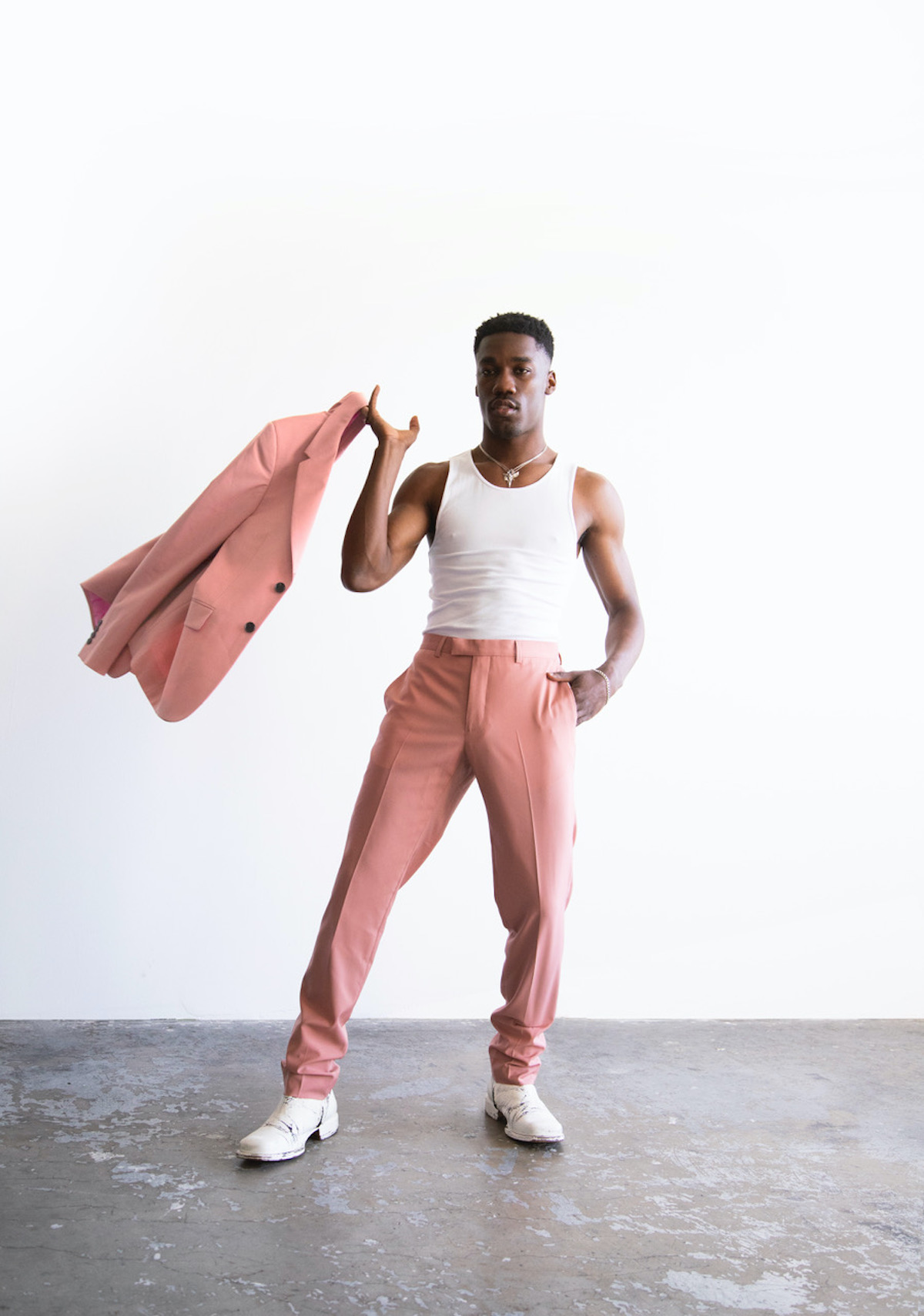
You’re a Cali boy at heart. What was growing up in Long Beach like?
Yeah, I like to say Long Beach is like a melting pot of different cultures. There’s black, there’s Asian, there’s white, there’s Mexican, there are Pacific Islanders. I was fortunate enough to grow up around multiple cultures, colours, languages, those were the benefits. But I did grow up in the East side of Long Beach, which is lower income, the crime rate is higher, I love it, but it was a great balance and I feel like I carry that sense of duality in my music too. I can have that softer, beautiful, artistic flair but I can have that realness and grit.
Submerged within gang culture around your area and as a young black male growing up, was music a form of escapism for you, maybe?
Yeah, amongst other things but music for sure. With all of those things happening right outside my door. The way I started music, I started writing actual stories first, I wasn’t writing songs, they were short stories. Eventually, the medium got to music, but I’ve always been a storyteller.
So, I’m guessing English was your favourite subject academically?
Absolutely loved English – until we got graded. Like why are we getting graded? Let me say how I feel…but It taught me structure. It taught me that all the information that’s added into the story of the song or story was necessary. Every line is cohesive. I didn’t go to university, but I did go to a junior college for two-three years, and I was taking poetry and creative writing. I’ve always been a big fan of English and Literature.
Well, speaking of upbringing, you got into music from a very young age. Can you tell us a little bit more about the relationship between you and music?
I pretty much was immersed in music as a kid because my mom, anytime she was cleaning the house, to make time pass, she would play music. My mum was the type to play the same song over and over, so even if you didn’t like the songs, or didn’t feel like hearing it, you start to learn the words. Eventually, with the songs she was playing, I’d just start singing along and she noticed I’d sing. So, she’d start showing off to aunties and uncles and making me sing to them. It was a slippery slope from there.
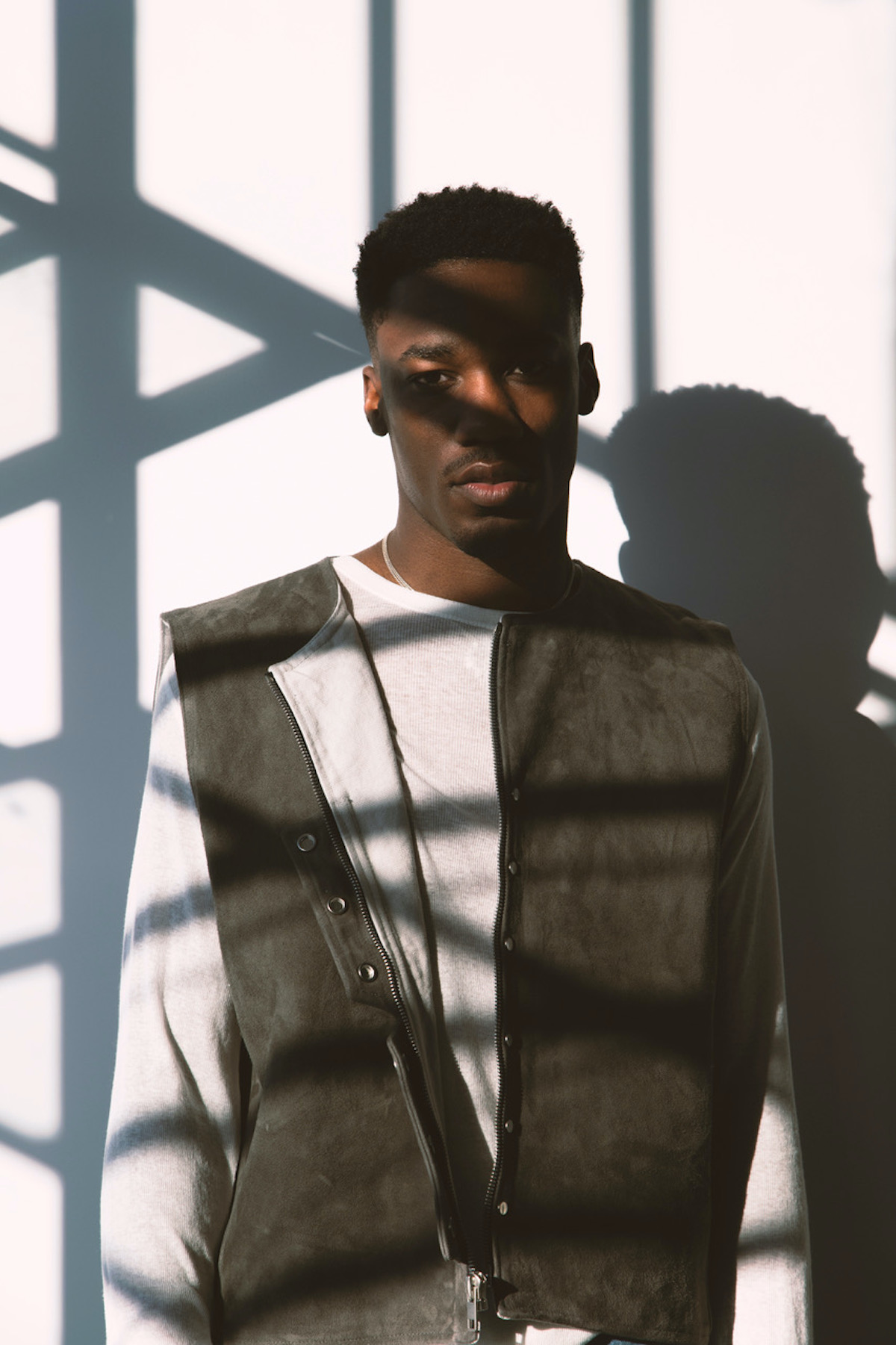
Ha! I can relate, I think every ethnic minority household had their go-to cleaning song. What songs were in your home?
Yeah. She’d play a lot of vintage R&B. Mary J Blige, Shade, Denise Williams. A lot of heartbreak music.
So, your mom made you sing at every chance she got, in front of aunties, uncles, do you think she foreshadowed your musical abilities and success?
Yeah, for sure. Unknowingly. Just being who we are and where we come from, it doesn’t feel like a real thing. Not just music but making a living off art as usual. It was always a traditional structure with what you’d do with life. My mum was a nurse and she probably expected that realm, but she always felt honoured to show off. Even if I played a sport and I got the last place, and the last place comes with a certificate, she’d go and show that off.
I think that’s so beautiful because that offers you stability and support.
Well, yeah, I had the balance with my brothers though. If there’s someone telling you everything you’re doing is great, it’s going to be hard to grow. I grew up with all boys in the house that would tell you something is trash. They didn’t care and we didn’t take anything personally, I remember when Sketches came out as the thing when I was in ninth grade, I was the first one wearing a pair and my brothers were like “really?”, it built up my self-esteem because I ended up being like “you don’t have to like it, I like it…”
These past few years have been an ever-rising triumph in terms of your musical dexterity and the following you’ve garnered from it. I suppose you could already guess we’ll soon get onto the topic of Chicago Freestyle, but let’s keep things steady with your previous bodies of work. Your first introspective commercial releases were ‘Garden Kisses’ and ‘Fields’. I mean, it’s a vibe. What type of mindset where you in upon releasing these?
Garden kisses and fields? I just wanted to make stuff that felt beautiful. I wanted to make something that made you feel like you were walking through a garden or a landscape of that. Even with fields, I wanted you to feel like you’re walking through tough terrain to get to where you want to get to. That’s why they both play on the nature aspect. They were just one of the pieces, like a painting. Whereas now, I try to tell a story. Cinematic.
Those singles have surpassed 1 million views and an even bigger accomplishment, your acclaimed track ‘Like I Want You’ has reaped over 7 million Spotify streams to date. I mean, numbers can often be deceiving, but just to imagine 7 million people in one room, listening to that one song, really puts things into perspective. In the previous singles, you discuss sweet love but in this one, it’s reminiscing about a past love. Describe the transition of relationships and that through your music?
Right? Exactly. If I look at ‘Take Time’ and recently, ‘When it’s all said and done’, it’s just one whole big conversation that I was having friends about a situation that didn’t work out. It’s almost a mixture of me having a conversation with them and me having a conversation with the person. It’s a cool story-telling thing I like to approach.
It’s a simple structure of when a relationship starts off nice, you think it’s going to work, it doesn’t work, you try to go back, and it doesn’t work. It’s a traditional type of story that I feel like I haven’t heard all tied together, or at least I haven’t in a while. That’s the beauty of being able to turn something so simple into something so developed and complexed.
You also dropped an EP back in 2013 which takes things real back. In terms of artistic development and self-observance, how do you feel you and your sound has grown?
The EP in 2013. Hopefully the world never hears it. You make me want to check again to make sure it’s nowhere to be found. That pretty much was younger me, knowing what I wanted to say, but not knowing how to say it. It’s like a toddler who can’t speak properly – they’re like speaking gibberish and some words come out, but for the most part it’s not there. The time that they get older, they can form a proper sentence and they can structure it. It’s around seven years ago, me honing my song writing, my voice has developed since then, I’m just excited for the next seven years.
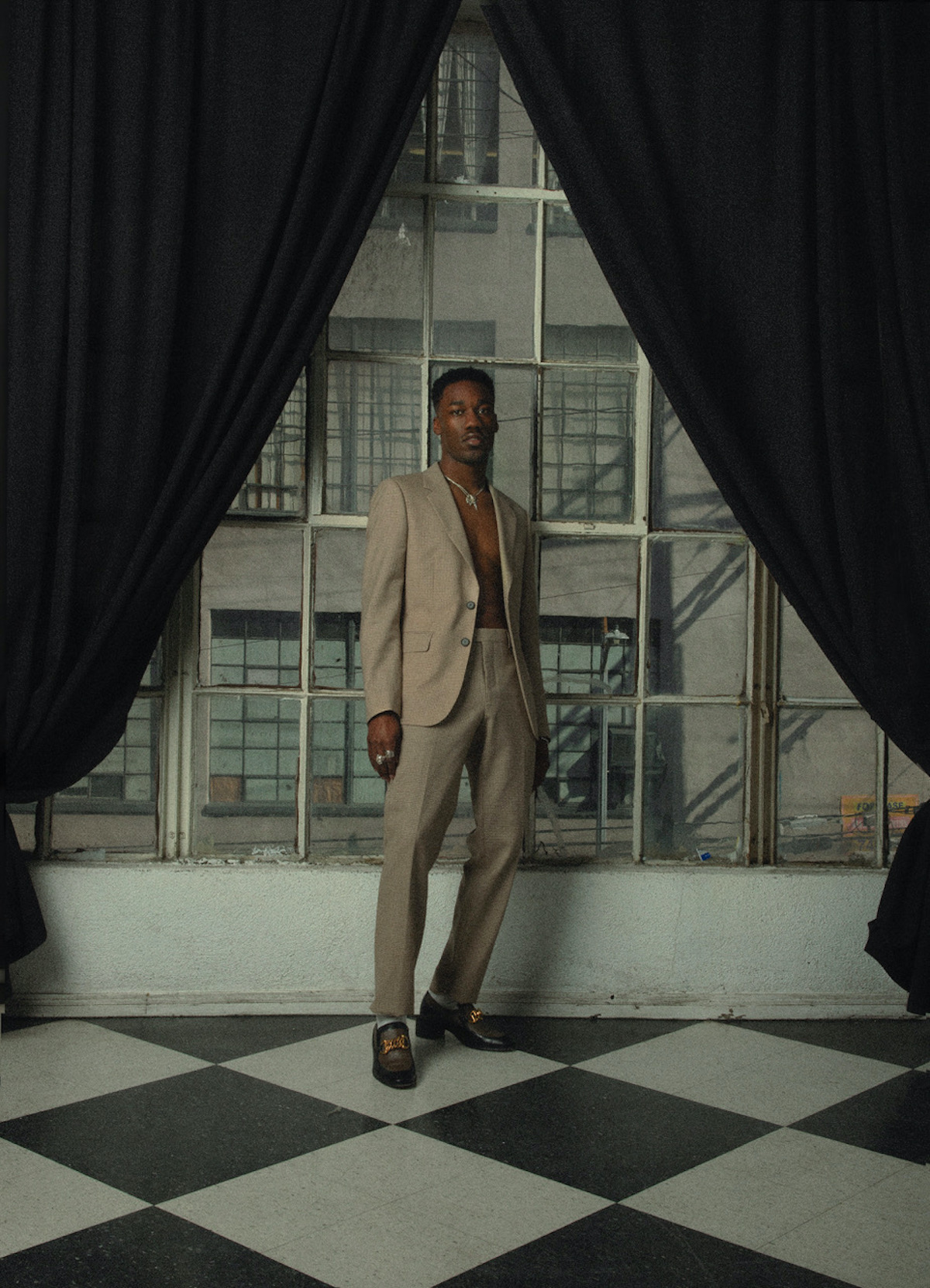
You’ve frequently collaborated with Canadian producer Sevyn Thomas, who’s behind the buttons of some of the biggest songs to date. Rihanna, Travis Scott, Beyonce, the list goes on. How did you guys manage to connect?
I think he heard one of those songs that you mentioned, Garden Kisses or Fields, he reached out and it was easy to connect. We went to a studio session and we were going to work, like the common artist-producer type, we just worked on the song and the chemistry was there. It was actually my birthday, it felt like everything made sense.
What’s the music-making process like for you? And has the pandemic affected the way you make music?
My process, I like to really have a conversation first. I love the songs to sound like what someone would say in a conversation, like dialogue. I can express how I’m feeling, like sometimes I don’t know I’m going through something until I tell somebody that I’m going through something. It starts with the conversation, then I like to get to the music next, and then melody and then words are last.
There was a lot of confusion when Chicago Freestyle came out on Drake’s Dark Lane Demo Tapes, a lot of people assumed it was London-based vocalist Sampha. It was only until you and Sevyn both took to social media to spread the word that it was, in fact, you, that people clocked on. Did anything notably change after that?
After Chicago freestyle? Oh yeah! The people that knew, already knew. As far as what changed after that song in the grand scheme of things, is like night and day. It literally projected me into a new stratosphere in terms of eyeballs and attention (which could be scary too). My manager told me that a moment like that is like a magnifying glass, it either exposes you in a good way if people enjoy the things that you make but if people don’t, it makes it worse.
Is this fame and recognition all that you imagined it to be?
I don’t feel the fame because I’m with the same people for the most part it’s only until my mom may call me and be like “did you see.”. However, what I will say is that I was in NYC a couple of weeks back and I knew I had a billboard up with Apple, but I forgot so when I looked out my window… I was like “whaaat?”.
We’ve also been in a pandemic, so I haven’t really got to see the effect in the outside world. so far, it has been cool. There are other things I want to shed light on. I want to get into music education and charitable work so if my fame can let me help kids, that’s what I’m excited for.
But more excitingly, past all the changes and recognition, you only recently just dropped your EP ‘When It’s All Said and Done’ which already, in my eyes, deemed a classic. What has the response been like since dropping it back in October?
I love that, thank you so much. The response has been amazing. Every time I do something, I shock myself. After Chicago Freestyle, everything doubled and tripled but that’s what happens when you do something with the biggest artist in the world. I was taking the humble approach like “that has nothing to do with me”, then I dropped this project and the same effect happened and I was like ‘Oh God, people are actually listening to me’.
The EP also featured an exclusive Apple Music: Up Next documentary. It showed an insightful look into the journey of you pursuing music. That’s inspiring for anyone to watch. If someone that’s in the exact same position as you were, and dreaming of being where you are, what advice can you give?
Number one, I’d say is get your craft to a place where it’s almost undeniable. I got my voice and music into a place where if you don’t like it, you wouldn’t like me and that it isn’t in my control. Number two, study other musicians, not from just now but the past. I didn’t get confidence in my voice until I started studying Frank Sinatra and Barry White.
This one goes under the radar and not many people speak about this one, but just be a good person. The people around me like my voice, but if I wasn’t kind or trying to treat everyone how I want to be treated, a lot of the opportunities that I’m having wouldn’t there.
Stylistically, you give off very noughties, 90s, 2000s type of vibes. The classic leather jacket, denim jeans, white vest, boots, a very slick approach to fashion let’s say. Is fashion something that’s important to you?
100%. I feel like fashion and aesthetic almost tells a story as much as production and lyrics. Eventually, my second or third love is fashion. It’s very important and I plan to venture into it organically and nothing forced. When it comes, it’ll come.
Thanks so much for taking the time out to speak to us here at PAUSE, it’s been such a pleasure and I’m so excited for everything to come. How about we plan an interview in seven years so we can discuss everything else that’s happened.
Ha, thank you so much. I appreciate you for listening to me. Thank you, Amal, I am so excited. Seeing people around my city listening to me was crazy so seeing it go as far as the UK, that’s crazy.

